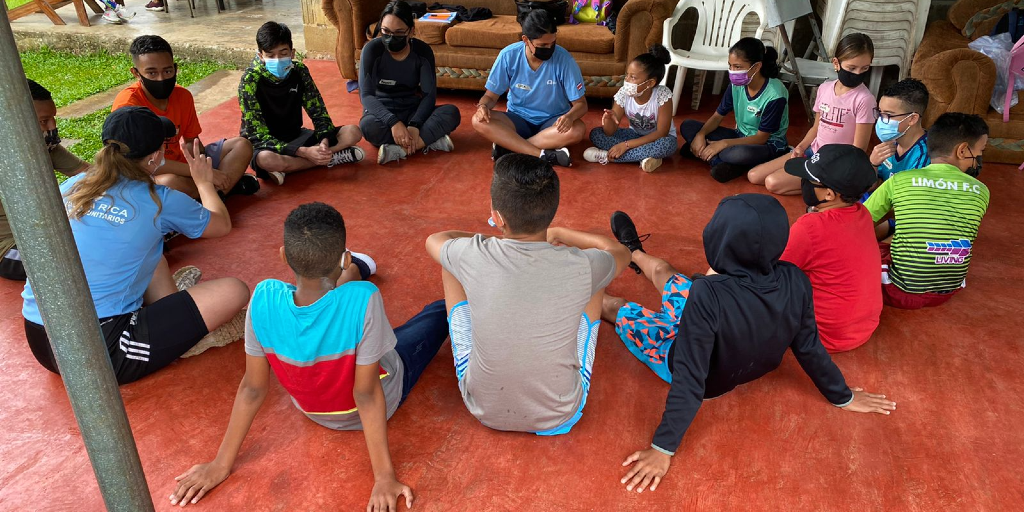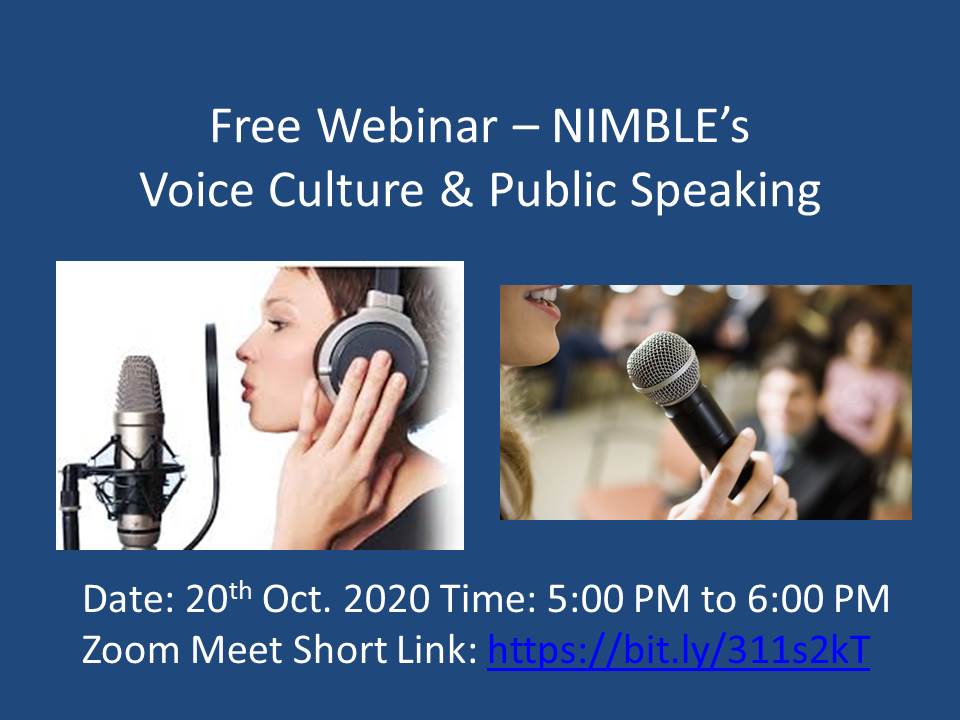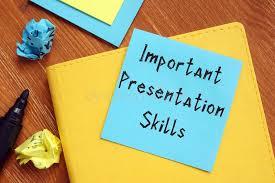We give them devices from a young age. Walk through any crowd of kids, from strollers to those ready to get behind the wheel, and the one consistent thing you will see is the use of electronics. With all this electronic use going on you would think this new generation would be coming into adulthood with some serious technology skills. But the truth we are hearing from employers is that they’re not. In fact these young adults are struggling with even the most basic life skills. So what do we do? Here are some tips for raising children and teens into competent, tech savvy adults.
Children use devices. It is pretty much a given that most children now will be using cell phones, tablets, computers and more.
Most often the main concern parents have is around how to keep their children safe. Which is completely valid and important.
As they grow into their teens, it turns out there is something else parents should be focusing on, and it could open up a world of possibilities and potential for their children. It involves learning how to become effective users of technology in our connected society. This will help them professionally and personally, especially as they transition into adulthood.
So what can we do to help teens develop vital life skills with technology? Read on to find out!
GET THEM RESEARCHING
One of the most important skills we need to develop in this day and age is that of critical thinking and research. We have the world’s knowledge at our finger tips thanks to the Internet and cell phones, but with that comes a lot of information that is not accurate. Kids need to learn how to conduct research using the Internet and weed through all those results to find the best answers. A great way to do this is to get teens researching things for you. Want to go out for a family dinner? Have your teen research and find a new restaurant. This involves reading reviews and filtering through all of those opinions (and at times trolling comments) to find out if the restaurant will be a good fit for your needs.
You can also have them research summer camp options, contractors to do some work on the yard, a weird noise your car just started making, or ideas for your upcoming vacation.https://4091d77dce767ad6d59636ec3dfcda1c.safeframe.googlesyndication.com/safeframe/1-0-38/html/container.html
The idea is to get them using the Internet effectively to find solutions and information. This means fine tuning their question asking skills and critical thinking skills.
LEARN TECH SUPPORT SKILLS AND TROUBLESHOOTING
“Have you tried turning it off and on again?”
When problems happen with technology it is important for kids to learn how to fix those problems. We are lucky my kids have grown up with a parent that worked in IT for years. So they have been learning how to troubleshoot and fix issues with computers, tablets and phones since they were young.https://4091d77dce767ad6d59636ec3dfcda1c.safeframe.googlesyndication.com/safeframe/1-0-38/html/container.html
Instead of fixing the issues for them, walk them through the troubleshooting process. Still having issues, why not have them call tech support or come with you to the store to be part of the process of getting professional tech help?
Being in a world dominated by technology means being able to effectively troubleshoot issues with that technology. Equip them with the skills that will have employers smiling over their proactive and knowledgeable approach to keeping technology running smoothly.
MAKE PHONE CALLS
I admit, I hate making phone calls. I have some hearing loss and I find it so hard to talk to people on the phone, especially if they are in call centers and using those headsets that muffle their voices. But making phone calls is part of adulting. So whether we like it or not, we need to be capable of making phone calls and communicating with people over the phone.
The amazing thing we are seeing in today’s day and age is how so many young people never make phone calls. They text and send messages but almost never have conversations on the phone. Especially with strangers.
Have your teen call that restaurant they researched and make a reservation. Call tech support and ask for help with an issue. Call and book their next medical appointment. When they are younger, have them call family and friends rather than texting or emailing.https://4091d77dce767ad6d59636ec3dfcda1c.safeframe.googlesyndication.com/safeframe/1-0-38/html/container.html
MEAL PLANNING AND SHOPPING
The Internet is a fantastic place to find new recipes. Why not ask your teen to plan a weeks worth of dinners. They can research the recipes and ingredients to find the perfect recipe they want to try. They may even want to get in the kitchen and help make their chosen meals.https://4091d77dce767ad6d59636ec3dfcda1c.safeframe.googlesyndication.com/safeframe/1-0-38/html/container.html
Meal planning can be complex, so make sure they are also looking at the family calendar and evaluating how much time is available for cooking meals each day, or how they can possibly use leftovers from an earlier meal in a new recipe. They may also need to consider allergies, or seasonality and availability of certain ingredients. This really ties into researching but since it involves food, lots of teens suddenly get really interested!
When it comes time to shop, have your teen make the shopping list using an app or in Excel. Or have them place your shopping order online (if you use that kind of service). At the store have your teen be part of the shopping and checkout process. I find the clerks in the store are often very excited to help teach my kids how to conduct purchases properly.
LEARN HOW TO USE BASIC OFFICE SOFTWARE TOOLS
‘There is a lot of different software that is used daily in an office setting that your teen can start using now. Have them learn the basics of Excel by getting them to set up a budget and track their money. Build a shopping list, or maybe a packing list for an upcoming vacation.
They can use PowerPoint to make a slide show or a different piece of software to create a video. When our very senior cat died, my son created the most amazing video dedicated to his life. It gave my son a purpose and a way to process his grief. It also provided us with a wonderful gift to remember our beloved cat.
Teens can also use Word or Publisher to make cards for birthdays, Christmas and other holidays to give to family members, teachers and friends.https://4091d77dce767ad6d59636ec3dfcda1c.safeframe.googlesyndication.com/safeframe/1-0-38/html/container.html
MONEY MANAGEMENT SKILLS
This is such an important skill for children to develop. When I look at the financial struggles so many families are facing, it reinforces my determination to make fiscal knowledge a high priority when teaching my kids. I want to make sure my children are financially savvy, money smart, and know how to use the tools effectively.
Have them build a spreadsheet in Excel where they can track all their income and expenses. One of the keys to being financially smart is being aware of where your money is going. Start by keeping that spreadsheet simple, but overtime have them start to colour code and make it really detailed.
You can also have them use a budgeting app. We use a free one called Wave and it ties into their bank accounts and helps them track their money like a proper small business.
Teach kids how to use online banking. Teens should learn how to conduct transactions through online banking, so have them pay your bills or make an investment or stock purchase.
Why not get them to research your next stock investment options. Or get them set up with their own investment portfolio. Starting young will only help them see the benefits of growth over time of their investments.
Ask your teen to research services and products offered through the bank that might be helpful for them or your family. Maybe they are ready for a bank account or investment account, have them research to find the right one for their needs.
Another feature teens should learn how to use is the built in money management tools available through most online banking platforms. These tools help you track your money effectively and efficiently. But to be effective, they need to be used regularly. Why not have your teen do a monthly audit of that months spending to see if you stayed on budget and hit your monthly financial goals. This will benefit you and the kids.
TAKE PICTURES AND VIDEOS ON MANUAL
As technology advances, one of the areas we are seeing incredible improvements is with the cameras in our phones. It can be so easy to just point and click, but why not teach kids how to dig down and use all of those features such as f-stop, ISO and more. Getting the cameras onto manual will teach them skills that will make their images stand out in a world that has become increasingly visual.
Taking photos or videos may also encourage your teens to get outdoors, slow down and look at the world with new eyes. This can have incredible mental health benefits.
While you are at it, get them using photo and video editing software. Go beyond filters and learn how to really edit and create visually. This will benefit teens when they are entering the workforce and need to make a presentation that will help them stand out with their boss.
We explored many tools for young film makers here.
TYPING SKILLS
It is amazing that in a world dominated by technology, so many teens are entering the workforce without the ability to touch type. There are lots of different programs available to teach touch typing, including many free options. Encourage your teen to research their options and get started learning to touch type properly. This will help them be much more efficient in the workforce. It will only take a few weeks of practice before their fingers are flying across that keyboard.
Fostering Tech Savvy Teens
The whole idea with all of this is to get teens invested in the daily operation of your household and lives. Using technology to make their lives better and make it a functional tool, rather than a toy. You will also be helping them develop important skills they will need when they become an adult and enter the workforce.
Adulting isn’t always fun. We all know that, but teens need to be equipped with these skills and the best time to develop those skills is while they are with you, where you can support and coach them. Small steps now, in a safe, low risk setting, will make an enormous impact on their abilities to cope with more complex issues when they become adults.
Article is taken from www.steampoweredfamily.com
Blog is curated by Vikram.








:max_bytes(150000):strip_icc():format(webp)/critical-thinking-definition-with-examples-2063745-updated2020-10ac813131654257b3e637fe20050ef7.png)



